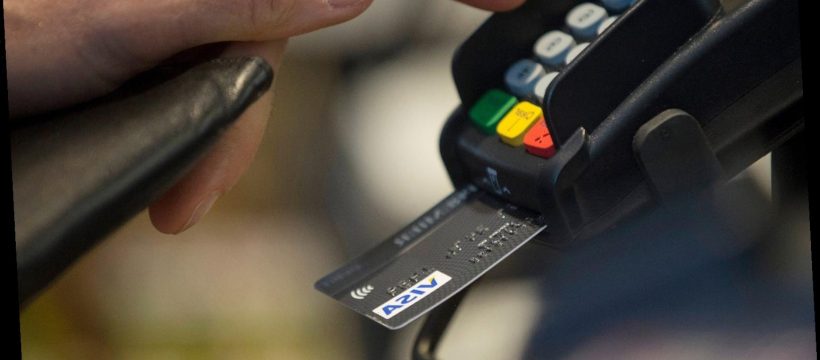THE four million prepaid EIP debit cards the Treasury is sending out will get to hard-hit Americans faster than the coronavirus stimulus checks.
The Economic Impact Payments card loaded with COVID-19 cash will be sent out as a replacement for the paper government checks.
Roughly 140 million Americans got a cash injection totaling over $239 billion by direct deposit and by check if the IRS held their payment information — but many others are still waiting.
Yesterday, the Treasury revealed this Visa card will allow Americans to make purchases, both in store and online, withdraw cash from ATM's and transfer funds to their personal bank account, whilst protecting them from fraud and loss.
The cards will be given to individuals without bank information on file with the IRS, and whose tax return was processed by either the Andover or Austin IRS Service Center, with instructions on how to use it.
US Treasury Secretary Steve Mnuchin said the government were holding some stimulus funds in reserve as he assessed the economic impact of the rolled out programs, however.
"The US Treasury is keeping $259 billion in capital from the CARES Act in reserve to create or expand credit programs as needed," Mnuchin said on Tuesday morning.
The Treasury's financial agent, MetaBank, is set to mail the EIP cards at the beginning of this week.
"Treasury and the IRS have been working with unprecedented speed to issue Economic Impact Payments to American families," Mnuchin said in a statement on Monday.
"Prepaid debit cards are secure, easy to use, and allow us to deliver Americans their money quickly.
"Recipients can immediately activate and use the cards safely."
The cards come as part of the government's billion-dollar coronavirus aid.
On Monday, it emerged that the White House is looking into offering $5,000 pandemic stimulus checks in exchange for a delay in Social Security benefits, according to a report.
The policy proposal – called the "Eagle Plan" – would allow workers to take some Social Security benefits early and have future payments reduced.
Senior economic officials at the White House are researching a conservative scholar-backed stimulus measure, according to The Washington Post.
Backed by the American Enterprise Institute and Hoover Institution and written by Andrew Biggs and Joshua Rauh, the 29-page plan calls for an overhaul of federal retirement programs.
The overhaul would be in exchange for direct cash payments to some workers, the Post reported.
The White House has reportedly already rejected the plan discussed by the senior administration officials.
“President Trump has been clear that while he is in office, the American people can feel secure without a shadow of a doubt that he will completely protect Social Security and Medicare — end of story, full stop," a spokesperson told the Post.
Source: Read Full Article






